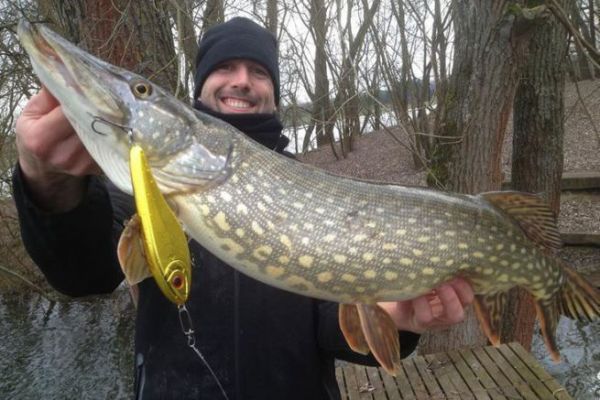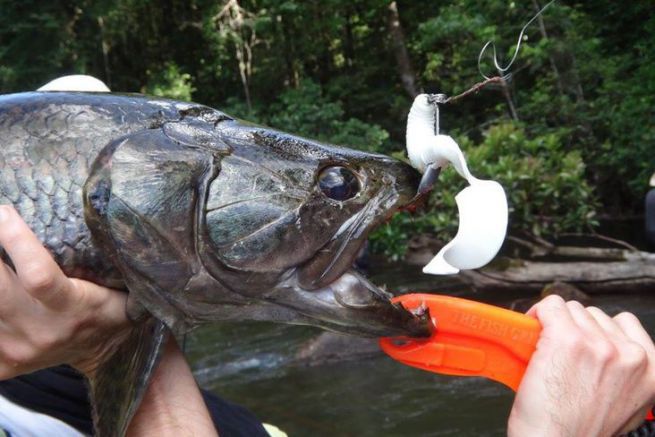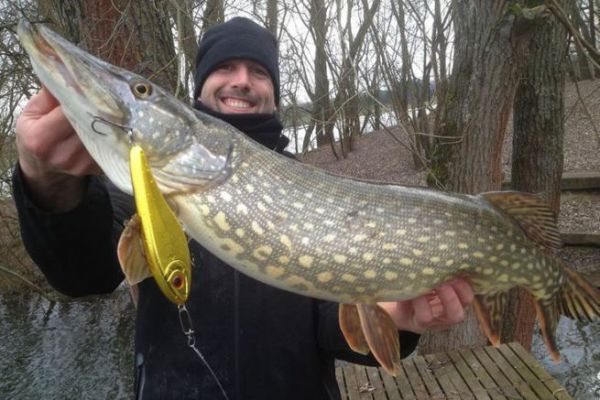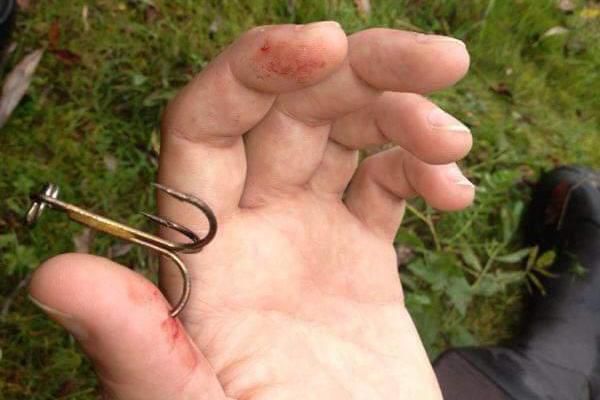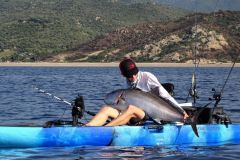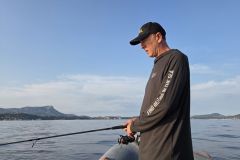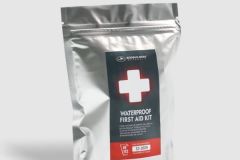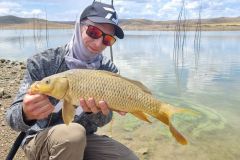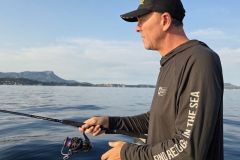In the first part, we saw accidents involving falls, animals and the weather that can occur during a fishing trip. Here are the other risk factors that can easily be prevented with a few basic safety precautions.
Water hazards
When you're out on the water in a boat, float tube or kayak, but also in waders or from the shore in particularly steep places like cliffs and in bad weather, wearing a lifejacket is imperative. Although the law requires you to carry one in your boat, common sense dictates that you should wear it. It's true that it's sometimes uncomfortable, but going overboard can happen very quickly during a bad maneuver or a bad wave.
While it may simply be an invigorating swim, the consequences can be far more dramatic when you fall into the water, especially if you're a poor swimmer or the conditions are particularly complicated or cold.
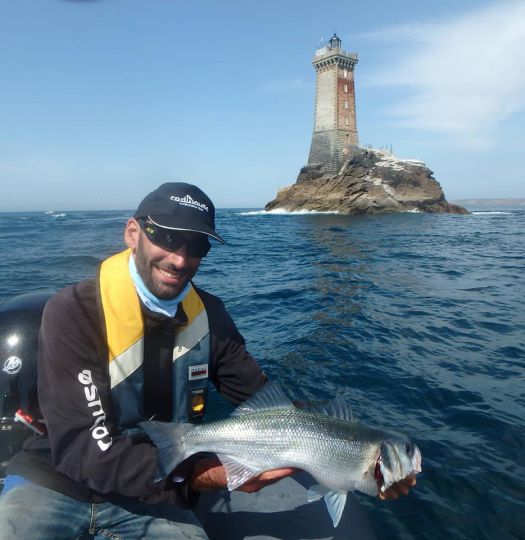
Hooks
Hooks are designed to penetrate easily into the mouths of fish, and as such, they also penetrate perfectly into our flesh... The handling of a fish caught with a swimfish, a fall, a partner's cast or even the return of a lure after hooking into a branch can be the source of a hook pricked into your hand or any other part of the body. The eyes are not excluded, and wearing glasses when fishing is particularly recommended!
We'll look at how to remove a hook pricked in your hand in a future topic, but it's still advisable to be very careful when handling your catch and to disinfect the wound following a hook prick. I would also like to draw your attention to a serious and fatal disease for which there is no cure: tetanus! There is, however, a compulsory vaccination (every 5 years for children and 10 years for adults), and I strongly advise you to check your vaccination record.
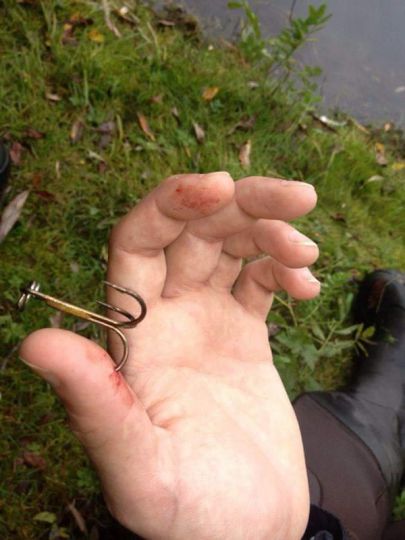
Equipment breakage
Finally, the last type of accident that can happen when fishing is the breakage of equipment, particularly rods. While some causes are difficult to avoid (impact with a jig head, a branch, etc.), don't be too hasty when stowing them in the car so as not to close the door on them and, above all, when you're on the move, always carry them heel to the front and tip to the rear. That way, in the event of a fall, it's the heel that will absorb the impact with the ground.
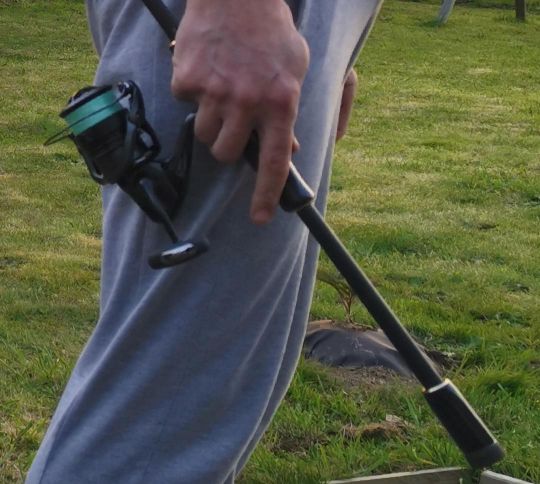
Preventing risks
Many other accidents can happen to you, such as electric wires and insect bites (especially if you're allergic), and it's impossible to make a complete list, but we've listed the most common and sometimes the most serious. This is not the case, and the vast majority of anglers never have a major accident in their lives. But there is no such thing as zero risk, and you can prevent a number of accidents by taking the necessary precautions:
- Move forward carefully and securely in slippery or steep places
- Wear non-slip shoes (notched soles, hiking boots)
- Wear long clothes and boots
- Sunglasses, sun cream and head covering
- Wearing a lifejacket
- Carry a pair of pliers in case you need to cut a hook
- Warn friends and family where you are going and always have a telephone with you
- If possible, bring a small first-aid kit with disinfectant, bandages, headache medication, tweezers...
- Check weather conditions
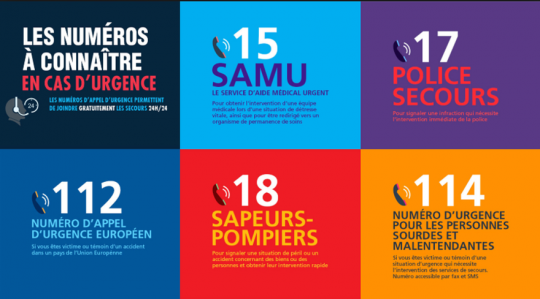

 /
/ 